Back
Loading...
HOME / HALL OF FAME

Sunil Gavaskar: Cricket
Sep 16, 2022, 18:01

Born on 10th July, 1949 in Mumbai, Sunil Gavaskar went on to be one of the best opening batsmen of all time. He was popular for his technique and the numerous records that he set during his career. In 1966, he was named India’s Best Schoolboy Cricketer of the year. In the same year he made his first class debut playing for the Vazir Sultan Colts XI. During his illustrious career he became the first player to score 10,000 runs in Test cricket and at one time held the record of the highest Test centuries and Test runs. He also was the first Indian fielder to get more than 100 catches in Test cricket. He was conferred with the Arjuna Award and Padma Bhushan. In 1996, the bilateral Test series between India and Australia was named Border-Gavaskar Trophy in his co-honour. He was inducted in the ICC Hall of Fame in the year 2009 and in 2012, he received the Col CK Nayudu Lifetime Achievement Award.
International Career: Highlights
He retired after the 1987 World Cup and went on to become a really popular commentator. He was also the chairman of the ICC cricket committee for a brief period of time. He has authored four books on cricket, one of them being his autobiography, ‘Sunny Days”.
International Career: Highlights
- He was selected for the 1970-71 tour to West Indies, where he scored the winning runs that registered India’s first Test match win against the West Indies. This was followed by his first Test century in the third Test of the tour and a double century along with a century in the fourth Test. India ended up with its first series win over West Indies and Gavaskar’s performance made him the second player and the only Indian to score a century and double century in the same match. He also became the first Indian to score 4 centuries in a single Test series, with an aggregate of more than 700 runs, no other Indian has been able to beat this score so far. And these 774 still remain the most runs scored by any batsmen in his debut series.
- In 1976, he led the Indian team for the first time in a Test match against New Zealand, as the regular captain Bishen Singh Bedi was suffering from a leg injury. He scored a century and the Indian team was able to secure an 8-wicket victory.
- In the 1970s and 80s he captained the team on various occasions but was not very successful.
- He was also a part of the Indian team that won the 1983 World Cup.
He retired after the 1987 World Cup and went on to become a really popular commentator. He was also the chairman of the ICC cricket committee for a brief period of time. He has authored four books on cricket, one of them being his autobiography, ‘Sunny Days”.

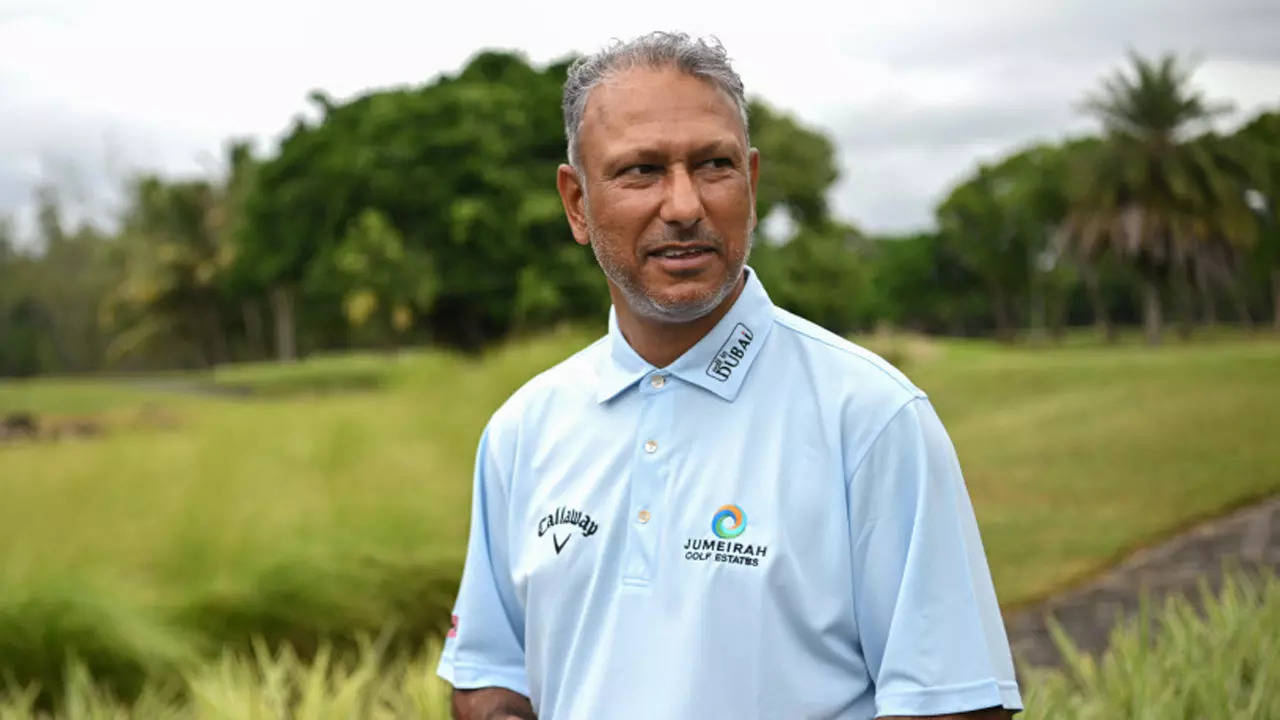
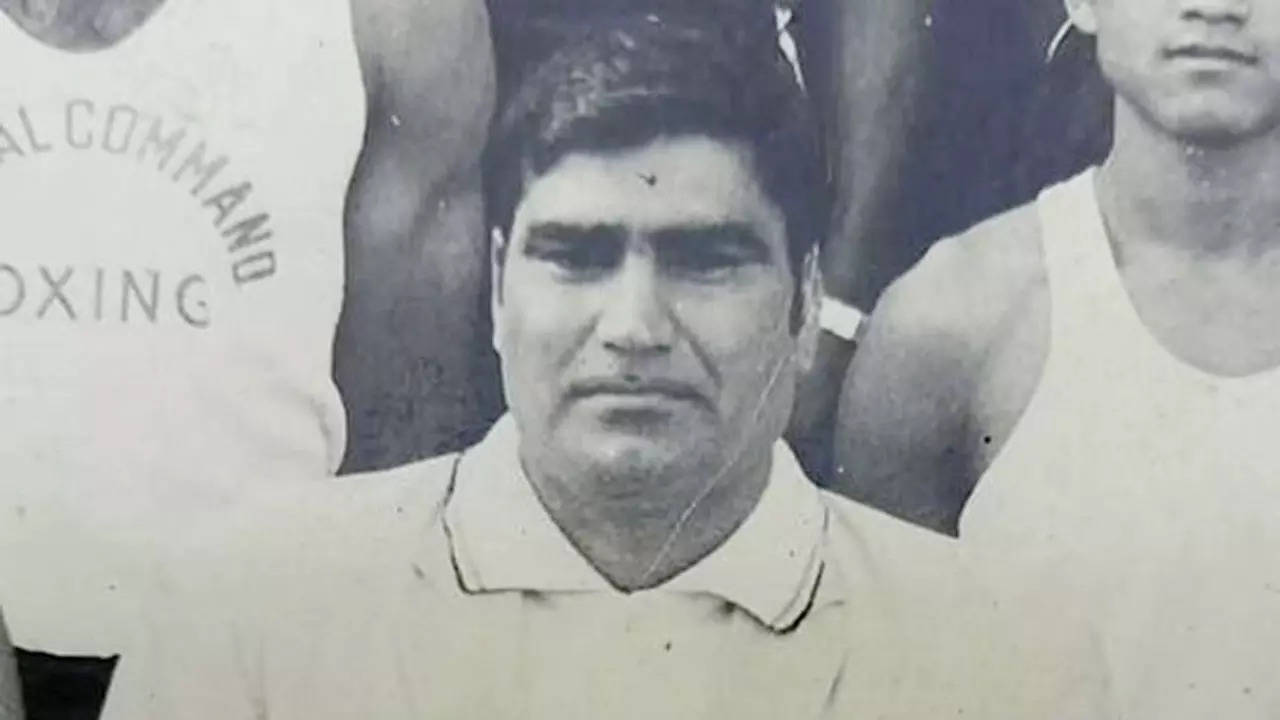
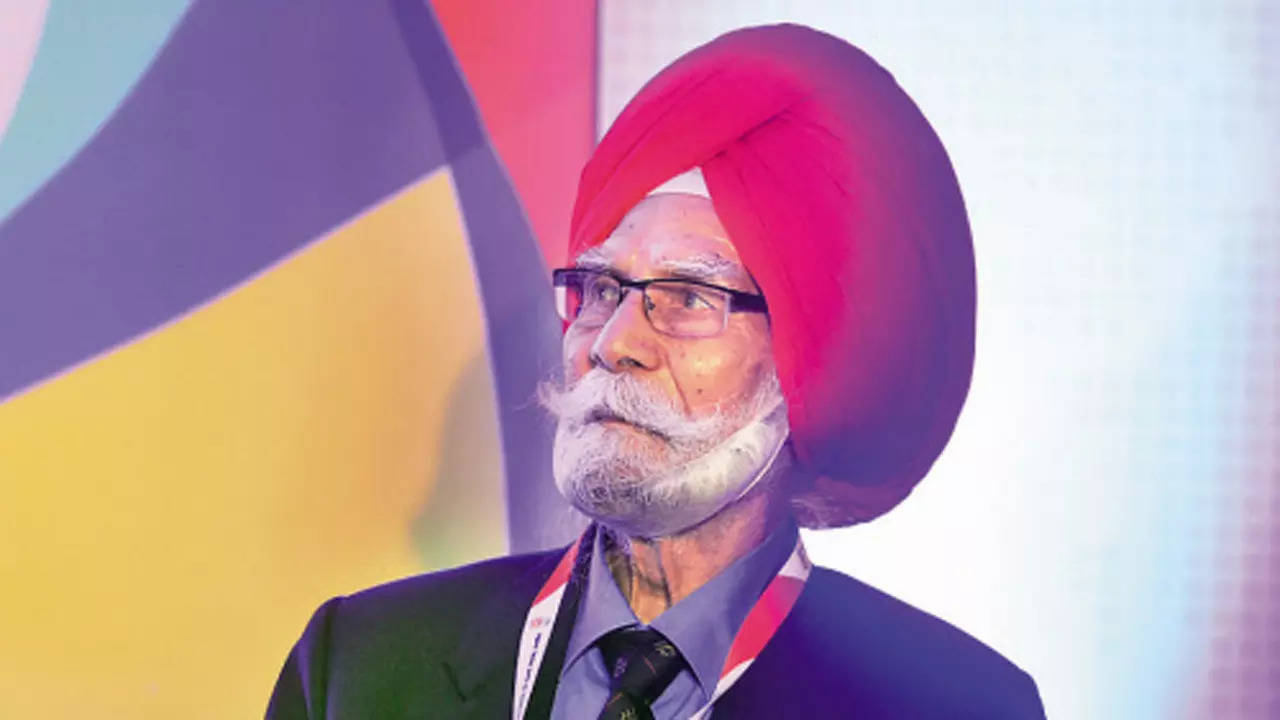
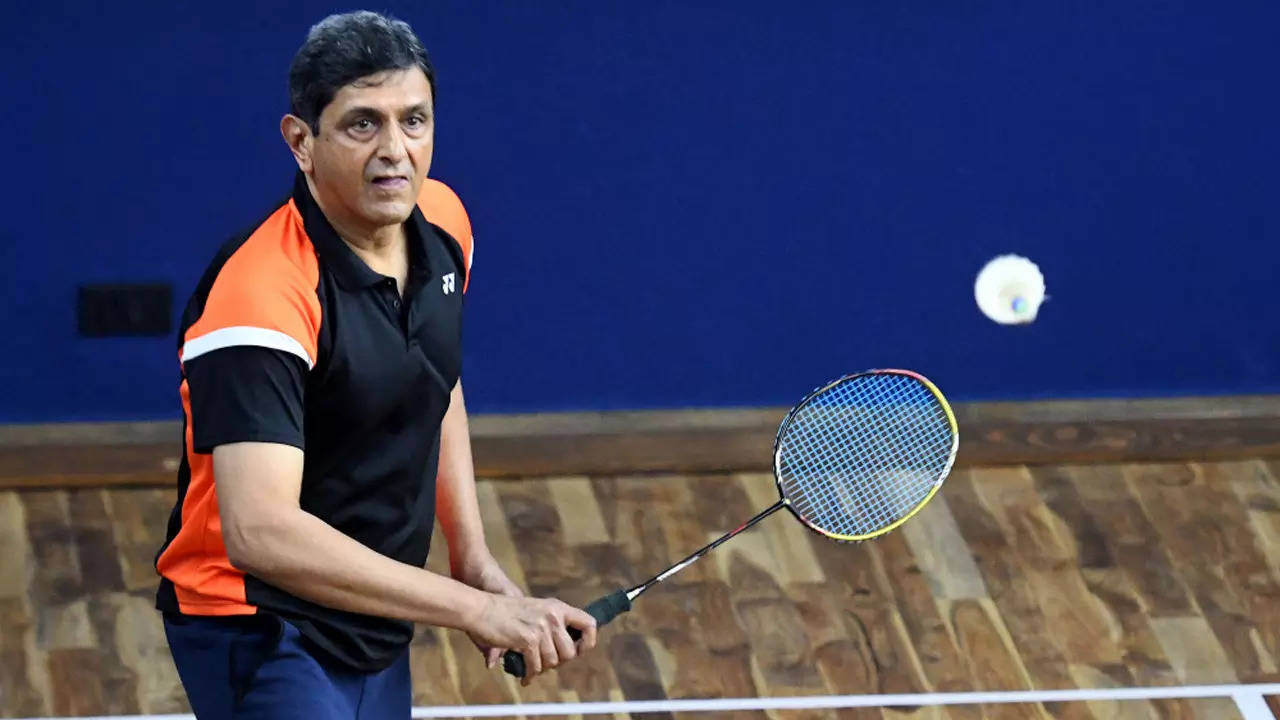

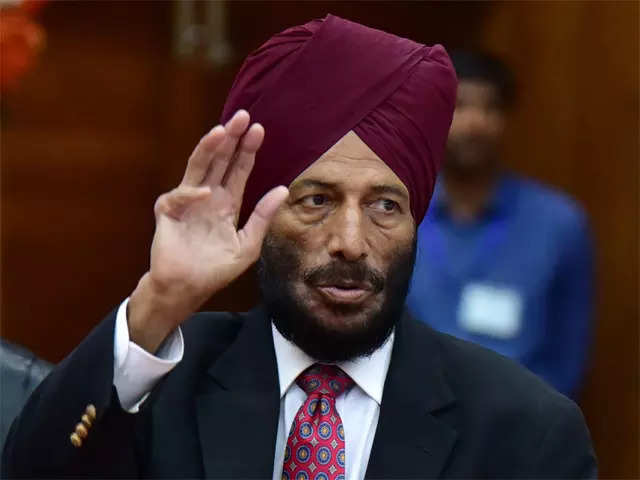
Follow us on